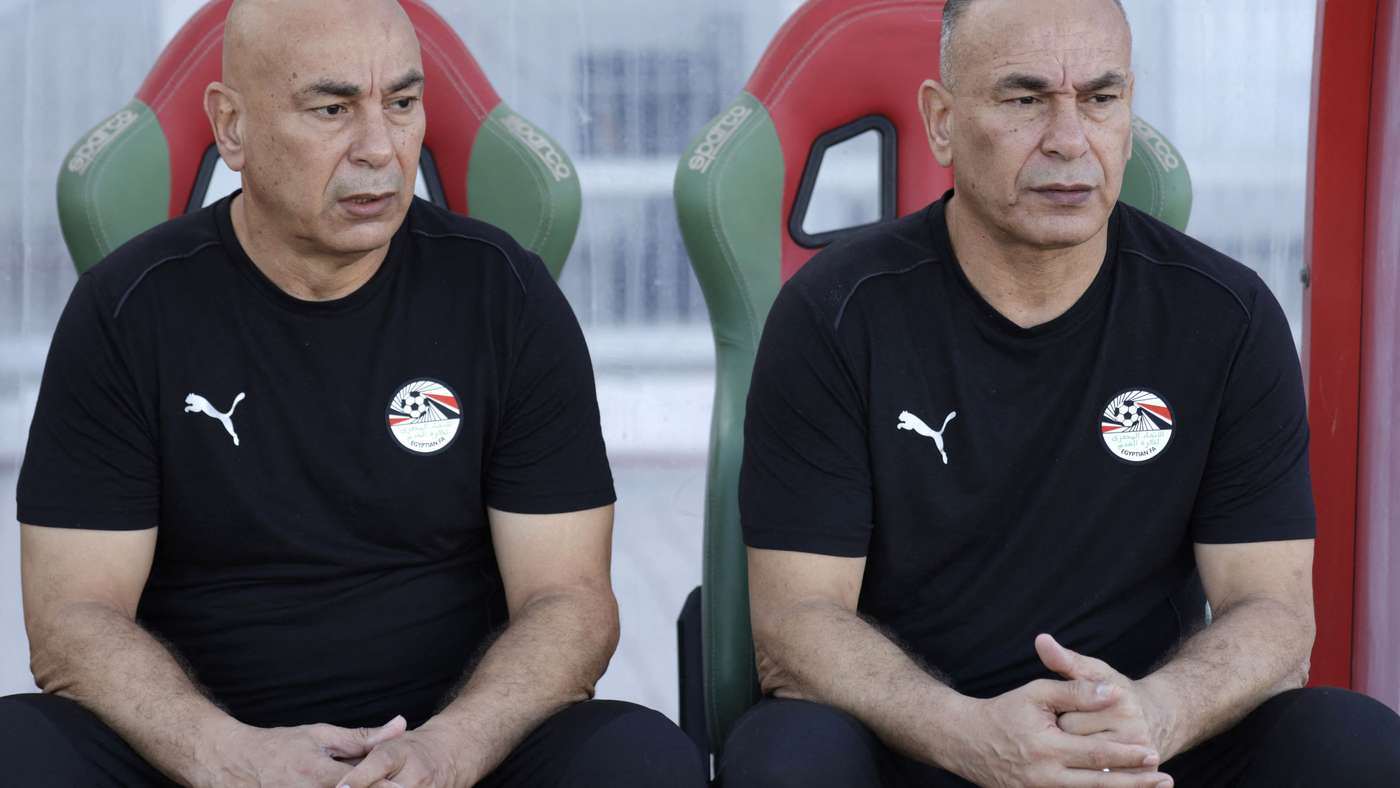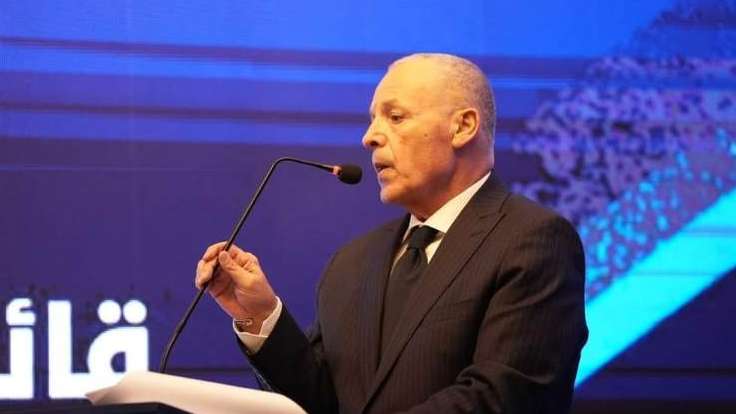Egypt’s Table Tennis Shake-Up: Fines and a Final Warning for Two National Players
29 October 2025

What happened in Tunisia
The Ethics Commission of the Egyptian Olympic Committee released its final findings after an incident involving Omar Assar and Mahmoud Helmy during the semi-final of the Africa Championship in Tunisia. The clash, highlighted by a confrontation and disagreements over substitutions and bench behavior, prompted a formal review from the ethics panel, which includes high-ranking officials tasked with upholding sporting conduct.
The body’s inquiry examined statements, actions on court, and interactions with coaching staff and the team delegation. The aim was to determine whether conduct aligned with national standards of discipline, sportsmanship, and respect for the team and federation.
Penalties and what comes next
The Ethics Commission concluded that Omar Assar breached the ethical code by threatening coaching staff and the team leader and by deliberately halting play under disputed circumstances. As a result, he was fined 100,000 Egyptian pounds. Mahmoud Helmy was also fined 100,000 Egyptian pounds for inappropriate conduct toward teammates and for failing to provide support during a critical match, which the commission deemed a serious deviation from expected sportsmanship.
In addition to the fines, both players received a final written warning. The commission stressed that any further violation within a year could lead to permanent expulsion from the federation's records. The decisions were made after a comprehensive review of documents and testimony, and are scheduled for formal adoption at the Olympic Committee’s board meeting on November 2.
The federation was urged to implement comprehensive plans that reflect Egypt’s national responsibilities and Olympic values, with strict adherence to the Olympic Charter and ethical norms on and off the court.
Final alarm
The committee underscored that this incident should serve as a warning across all sports bodies in Egypt: any misconduct that tarnishes the country’s sporting image will not be tolerated, and sanctions are aimed at restoring discipline and safeguarding the spirit of competition.
The overarching message from the Olympic Committee is that discipline and value-driven conduct remain foundational as athletes represent the nation, in victory as in defeat. The committee also thanked the Ethics Panel for its work and pledged full support for steps intended to strengthen discipline within national teams and sports bodies, reinforcing Egypt’s sporting reputation on the continental and global stage.
With the board's upcoming confirmation, the measures will become official policy, leaving the sports community watching closely as the broader implications unfold for the federation’s governance and athletes’ responsibilities.
Finally, the message is clear: unity, integrity, and accountability stay at the heart of Egyptian sport, even when the scoreboard suggests otherwise.
Punchline 1: If ethics had a serve, these two would still need a practice round before stepping onto the court of public opinion. Double fault? More like double lesson.
Punchline 2: They fined the bench as well—apparently, even the furniture in Tunisia learned to behave. Now that’s what I call a well-polished game plan.



